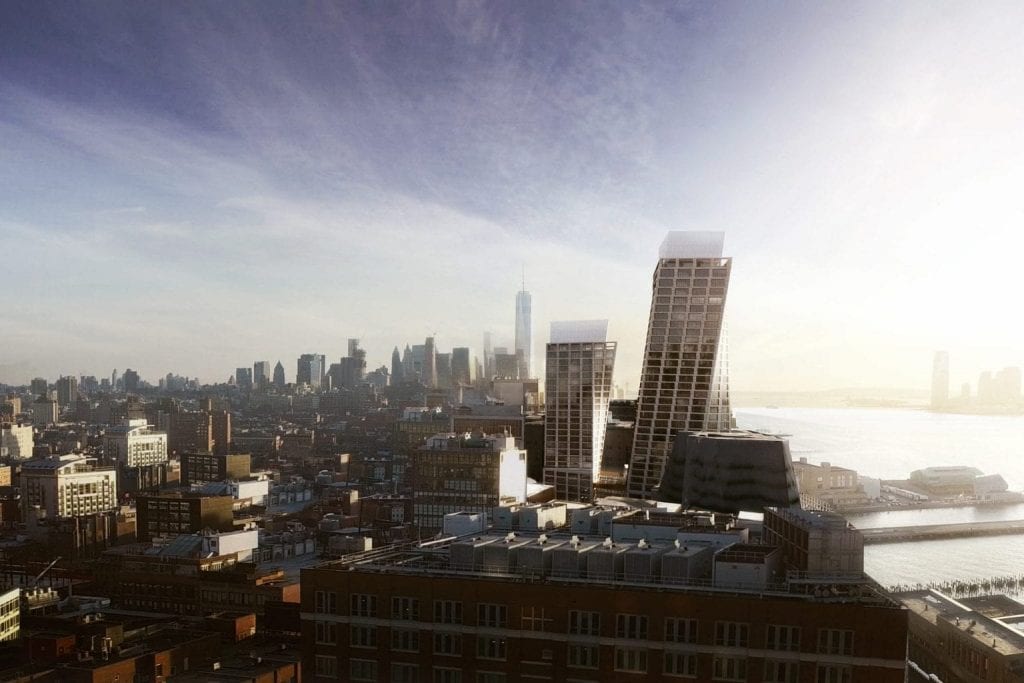How Wellness Hospitality Brands Can Succeed Amid Big-City Chaos

Skift Take
Wellness hospitality brands known for their idyllic locations are heading to New York City. Will the temptation of taking a bite out of the Big Apple prove a brand benefit or drawback?
Wellness hospitality is going urban in a big way.
There's Equinox, and it's long-delayed promise to open hotels in New York and Chicago. There's Hyatt's purchase of Exhale, a company providing fitness and spa experiences in major markets across the country. And there are several one-off properties around the U.S. combining health, wellness, and hotel rooms.
The Well, a private members club, is opening in early 2019 in Manhattan and according to Andrew Gibson of Sensei, "these examples of new wellness ventures in urban locations are a result of the overwhelming global interest in wellness."
In recent years both Aman and Six Senses announced they were Big Apple-bound with both set to open in 2020.
Why are these brands, known for their middle-of-nowhere, relaxed resort appeal, moving into New York?
"The answer is simple: Numbers. Not everyone can get to a remotely located resort. Opening a hotel and spa in New York puts Aman and Si
